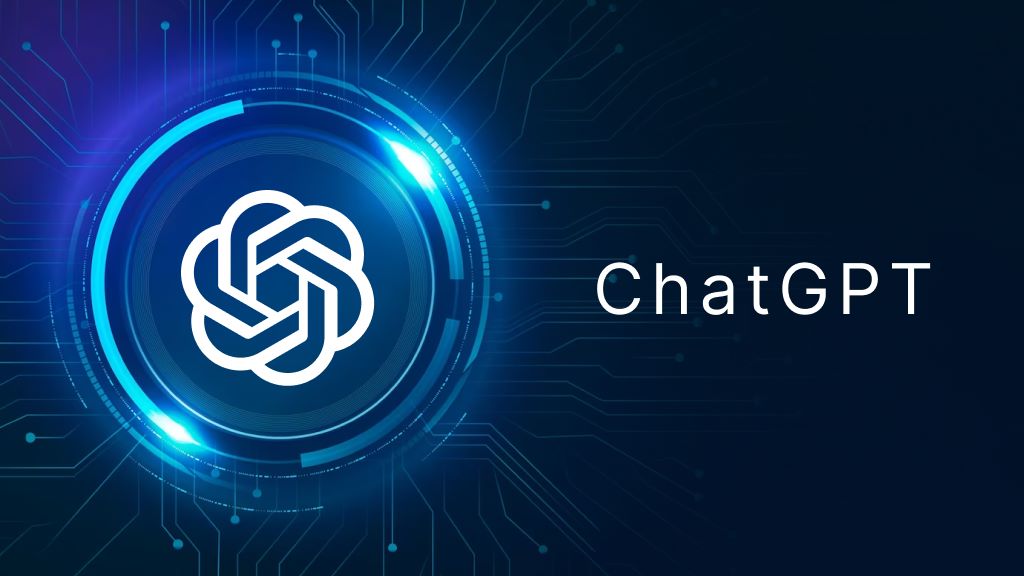OpenAI has achieved a significant breakthrough with its generative AI platform, ChatGPT. This platform can now tap into real-time internet data, a substantial leap forward from its previous reliance on a static database that only extended up to August 2021.
In a recent announcement on X (formerly Twitter), OpenAI disclosed that ChatGPT can now actively browse the internet, delivering users current and authoritative information complete with direct source links. This advancement liberates ChatGPT from data constraints that were tied to information predating September 2021.
OpenAI has also highlighted that this innovative feature will enable websites to control how ChatGPT interacts with their content. Initially, OpenAI introduced this update exclusively to its paying subscribers in June. However, the rollout was briefly paused due to some users finding ways to bypass internet content paywalls.
Named “Browse with Bing,” this feature currently remains exclusive to subscribers of ChatGPT Plus and Enterprise services. Nevertheless, OpenAI has confirmed that it will soon be accessible to all users.
Notably, OpenAI’s partner, Microsoft, already integrates GPT-4, the language model powering ChatGPT, into its search engine, Bing Chat. Similarly, Google offers a conversational AI named Bard, which interacts with its search engine. ChatGPT will not only provide answers but also direct users to sources, elevating its credibility and usefulness while moving away from reliance solely on publisher-controlled databases.


